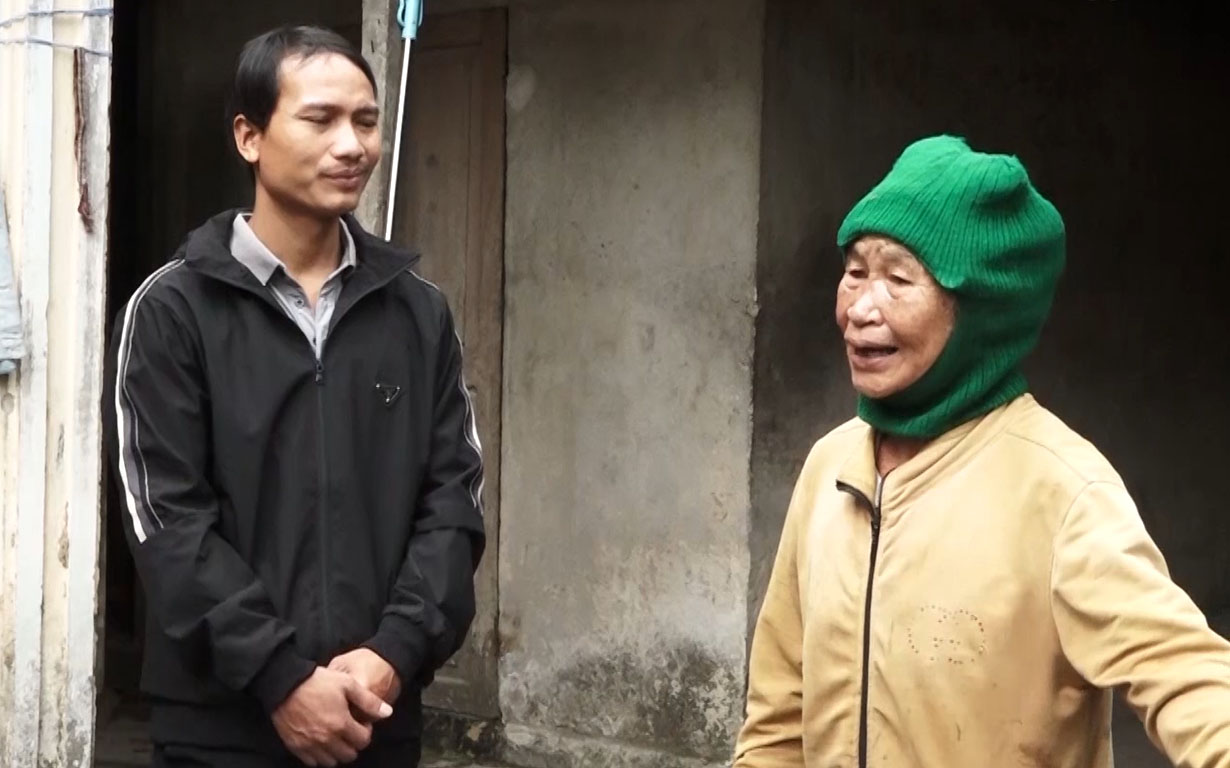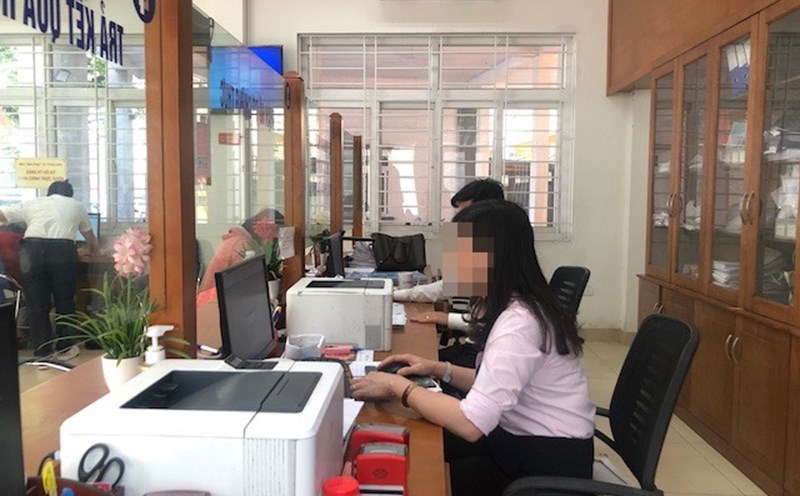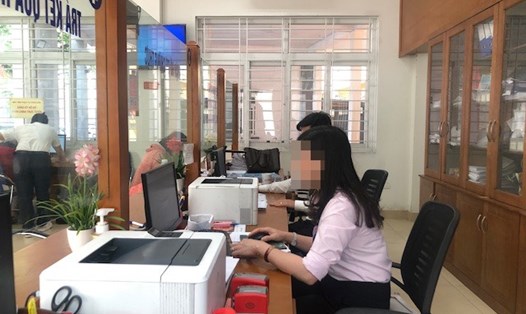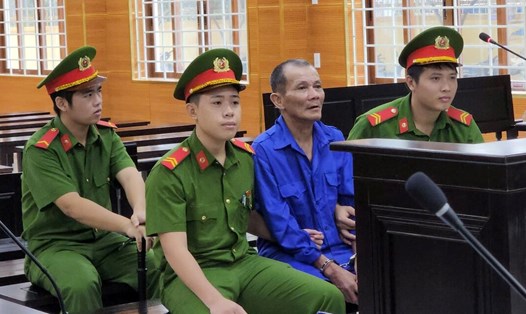Due to limited awareness, some backward customs and practices still exist in the lives of ethnic minorities in Quang Ngai and have not been eliminated. Notably, the evil of suspicion of pawning poison still occurs in some places, causing many consequences for families and society.
The concept of pawning is one of the old, backward customs that has been deeply ingrained in the subconscious of ethnic minorities in Quang Ngai. A part of ethnic minorities believe that there are things and there is pawning, and they think that things are poison.
When someone in the village is suspected of holding poison, everyone is on one hand afraid of being killed, on the other hand joins forces to find a way to eliminate the person suspected of holding poison. Taking advantage of this mentality, some people, because of conflicts with each other, use the excuse of having poison to threaten the person they hate or frame the person they hate by spreading rumors that the person is holding poison, causing the villagers to avoid them, chase them away or beat and kill them. The superstitious custom of holding poison has caused many heartbreaking cases in the ethnic minority area of Quang Ngai.

Because of suspicion of pawning poison, Mr. Pham Van Chin, a resident of Ba Le commune, Ba To district, and five others murdered Mr. Pham Van Giai. After completing his 12-year prison term and returning to his village, Mr. Chin realized his mistake. Thanks to education and propaganda, Mr. Chin no longer believes in the suspicion of pawning poison as before. Mr. Chin confided: “I reformed well so I was released from prison. Now I understand and no longer believe in the suspicion of pawning poison.”
Ms. Ho Thi Phuong, resident of Tra Phong commune, Tra Bong district, used to live in a state of fear and obsession when the villagers suspected her of having poison. No matter how she explained, the villagers did not believe her. However, thanks to the timely intervention of the government and police to explain, she was no longer suspected by the villagers.
Talking to reporters, Ms. Phuong honestly said: “I was wronged, I did not have any poison, but the villagers suspected me, I cried at night because I was so scared that I could not sleep. I went to the police to ask for their help to clear my name, so the villagers believed me and no longer suspected that I had any poison.”
From 2003 to 2014, Quang Ngai had 164 cases, killing 7 people and injuring 14 others. The Quang Ngai Provincial Party Committee had to issue a Directive on strengthening the Party's leadership to prevent and eventually push back the evil of suspicion of pawning poison. From 2014 to now, the number of cases has decreased but 57 cases still occurred.
According to Lieutenant Colonel Ho Ngoc Doan - Deputy Head of Tra Bong District Police, the district and commune police in the commune have focused their forces to promptly grasp suspected cases of pawning poison to handle them right from the start. The police force in the district focuses on propaganda work so that people understand and do not believe in the custom of pawning poison. The police also mobilized local agencies and organizations to invite subjects related to suspected cases of pawning poison to conduct reconciliation.










